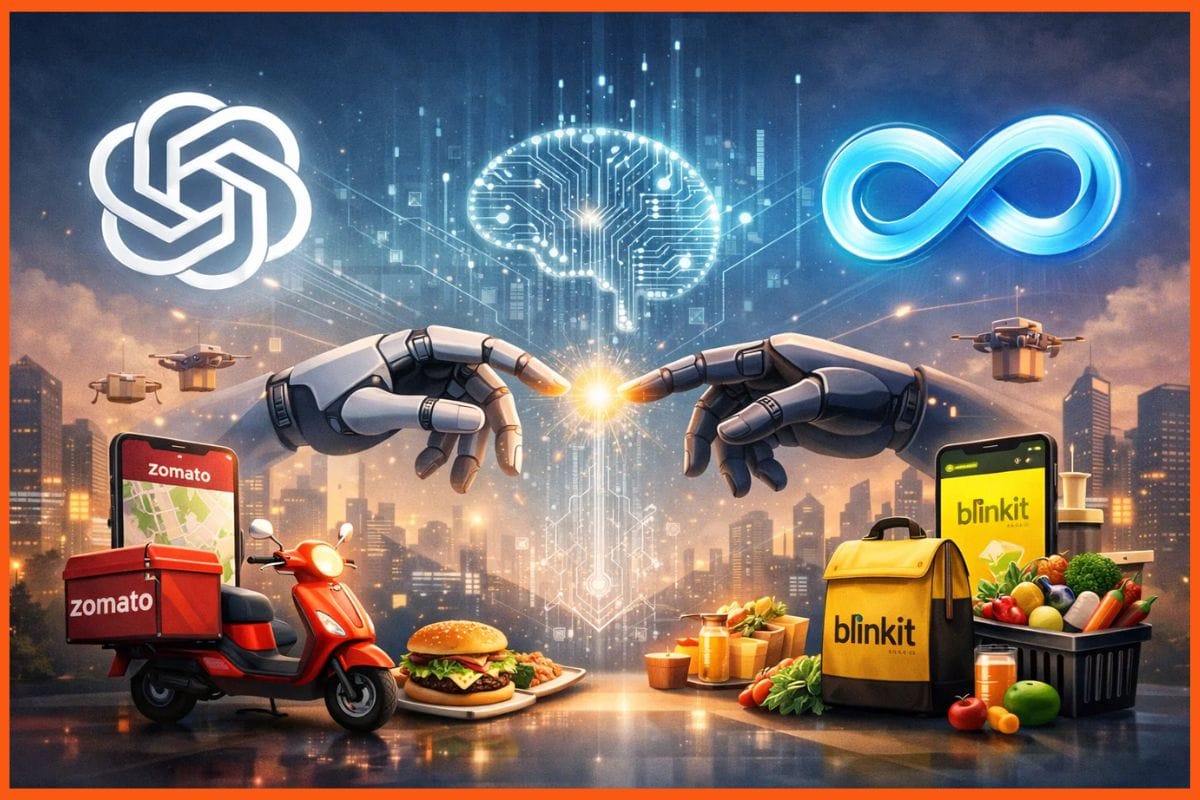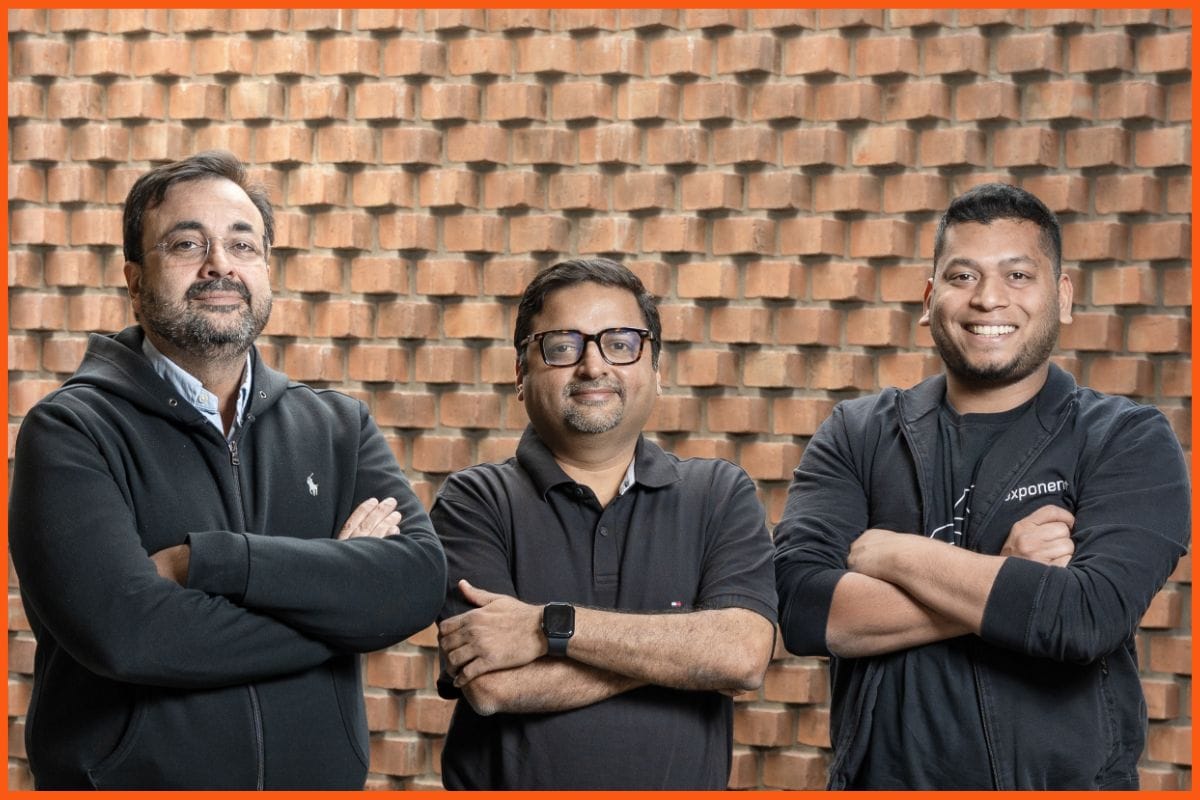Blockchain Explained| Techniques used in agri-tech startups
blockchain
Compared to the traditional global financial systems or procedures, blockchain technology is considered to be in its infancy. Besides, the superior features that blockchain contains, they can potentially improve or evolve the existing solutions not only in industry and commerce but in all the aspects of our day to day lives, giving birth to the modernization.
The food passing through many hands and processes as it gets to the family dinner table or any restaurant. Who is to assure the quality? How credible is the quality assurance process? Besides what consumer can see and smell, how else can they verify the quality of what is before them at the dinner table? Let us see how the problems have been solved with agri-tech startups.
Blockchain technology adaption in Agriculture which represents 6.5% of the entire world’s economic production employing nearly 40-45% of the total global workforce and its total worldwide production is round about 5 trillion dollars. Farmers have been facing complicated ecosystems with seasonal financing structures, needing careful timing and a lot of moving parts. It has become vital to solving these solutions with modern Blockchain technology.

What is Blockchain?
Blockchain is everything about recording or continuously monitoring the information in a particular way that makes it difficult to change, hack, or cheat the data or the system.
Blockchain is a special digital ledger of transactions by design that is duplicated and distributed across the entire network of computer systems. It is cryptographically secure and is a write once-append only, distributed and decentralized system.
Each block in the chain contains a set of transactions, and every time a new transaction occurs on the blockchain, a record of the respective transaction is added to every participant’s ledger.

Blockchain Technology in Agriculture
Blockchain in agriculture is one of the useful technology that makes the process of growing and supplying food simpler.
Blockchain in agriculture has been around in global markets for quite some time now and even in India, there have been projects for blockchain for food supply. The government had launched a blockchain-based marketplace which was aimed at helping integrate the farmers with markets in a transparent manner and lead to provide a fair price for the coffee producers.
The Blockchain uses in Agriculture:
- Generating a better market data for better decision-making with data science in agriculture
- Financing and insurance for small farmers
- Simplifying all the stages of the agricultural supply chain process
- Providing farmers and businesses with easy access to agricultural financial services
- Reducing financial risks and promoting inclusive trade
- Legally proving certifications to relevant authorities
- Improving food safety and eliminating counterfeit items
- Fair pricing through the value chain for all sectors
- Emission reductions and support for environmentally friendly initiatives
- More informed consumer purchasing decisions
- Sustainable business and reduction of waste
- Decreased transaction fees and less dependence on any services
- Transparent transactions and elimination of fraud
- Improved quality of products and fewer health diseases from food
- Easy Data accessibility

Some Successful Agritech Startups
Witnessing and adapting to the blockchain technology, new and creative start-ups are redesigning the agricultural landscape. Their Projects are mostly focused toward enhancing global traceability, easing international transactions, providing crop insurance, and optimizing the food chain. Here are some of the blockchain agritech startups.

Agri10x
Agri10x, one of the innovative startup, is a Pune-based agritech which has announced that it will collaborate with the Indian government to help the remote farmers to sell their produce directly in the market using blockchain and artificial intelligence platform.
It even provides farmers with transparency with a fair price, and assist them in collecting real-time data to manage their harvests efficiently. This approach will provide farmers with easy access to a global marketplace to sell their produce directly, without needing any middlemen.
AgaveCoin
AgaveCoin, an agritech organization, provides a secure transaction method with their native token AGVC. Its business is aimed at providing a global payment solution to ease the trade of agricultural products and services in the agave production chain. The diverse use of AgaveCoin provides versatile utility of agave-based textiles, biosystems, liquors, nanoplastics, biofuels, organic food, and many more.
AgriDigital
AgriDigital is a cloud-based blockchain program used for commodity management of grain. This handles all the transactions and logistics, buying, selling, and trading grain far better and easier while ensuring transparency and traceability.
It stores all data, manages inventory, and provides easy channels of communications with customers. For buyers, this system provides a dashboard to manage deliveries of grain orders and track the history of the products.
AgriChain
AgriChain is a distributed and decentralized blockchain platform that enables easy management and communication between supply chain participants. The software provides a secure, transparent platform for agricultural stakeholders to transact internationally reducing supply chain costs.
The farming and logistics management software also aims to link distributors, growers, and retailers, for smoother inventory movement.
Demeter
Demeter is trying to evolve traditional agriculture process through the rental of global microfields. It connects those who want to farm organically with those who have tilled land.
The system puts farmers in touch with places they can farm, and potential food customers in touch with farms selling produce. This is to reduce overheads for both parties, resulting in access to affordable organic food.
The Bottom Line
In the agriculture field, blockchain has proved to be a technology that can re-engineer the existing systems from settling transactions, tracing the food origin, tracking food supply and tracking the customer demand to creating new marketplaces. Considering the current competition in this field, it has become a necessity to stay informed of the most recent developments in the field to face the competition.
However, it's clear that there are opportunities in the agriculture industry. The global agriculture industry is now worth over 2.4 trillion dollars and has over one billion people involved worldwide.
Must have tools for startups - Recommended by StartupTalky
- Convert Visitors into Leads- SeizeLead
- Website Builder SquareSpace
- Run your business Smoothly Systeme.io
- Stock Images Shutterstock





